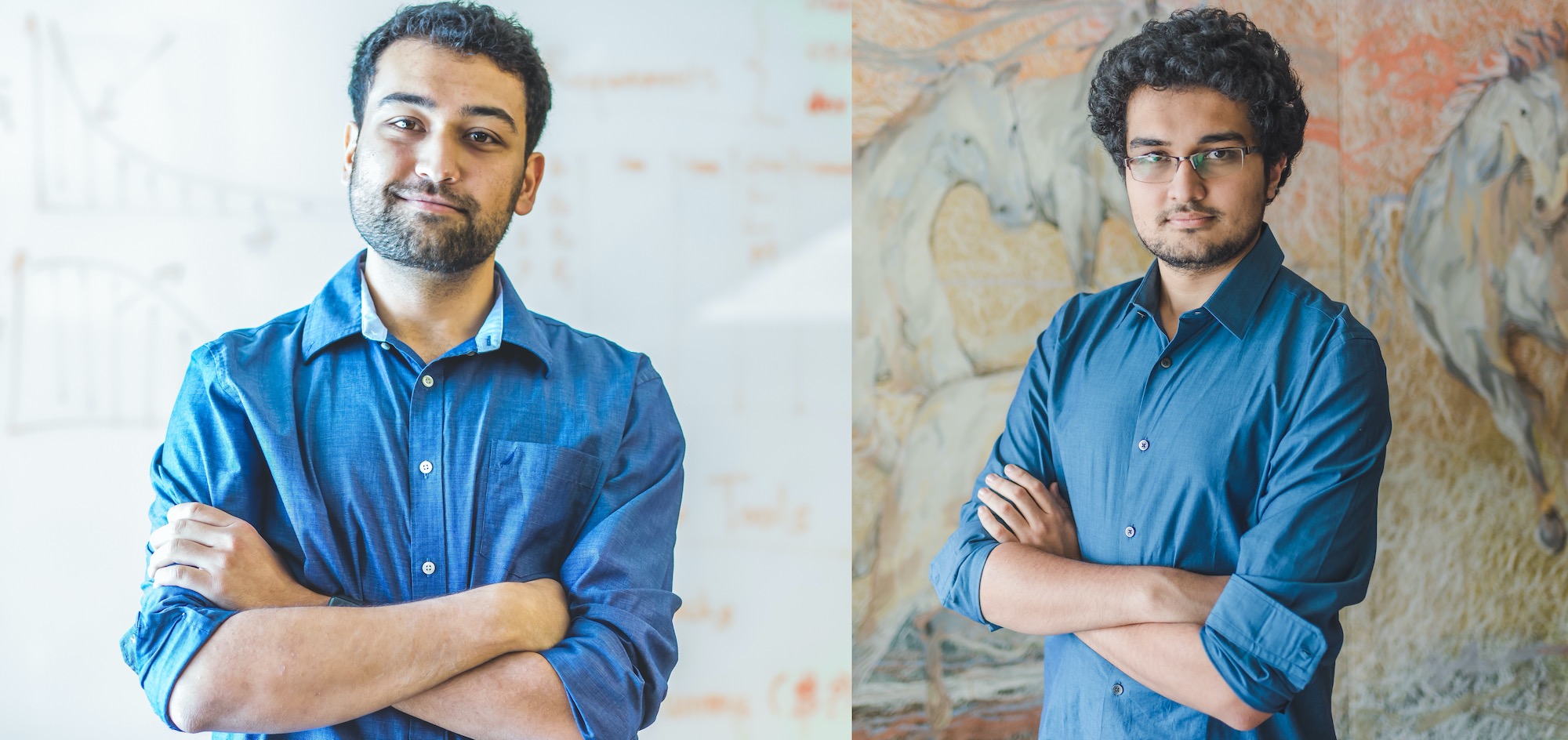Microsoft has added to the slowly growing pile of technologies aimed at spotting synthetic media (aka deepfakes) with the launch of a tool for analyzing videos and still photos to generate a manipulation score.
The tool, called Video Authenticator, provides what Microsoft calls “a percentage chance, or confidence score” that the media has been artificially manipulated.
“In the case of a video, it can provide this percentage in real-time on each frame as the video plays,” it writes in a blog post announcing the tech. “It works by detecting the blending boundary of the deepfake and subtle fading or greyscale elements that might not be detectable by the human eye.”
If a piece of online content looks real but ‘smells’ wrong chances are it’s a high tech manipulation trying to pass as real — perhaps with a malicious intent to misinform people.
And while plenty of deepfakes are created with a very different intent — to be funny or entertaining — taken out of context such synthetic media can still take on a life of its own as it spreads, meaning it can also end up tricking unsuspecting viewers.
While AI tech is used to generate realistic deepfakes, identifying visual disinformation using technology is still a hard problem — and a critically thinking mind remains the best tool for spotting high tech BS.
Nonetheless, technologists continue to work on deepfake spotters — including this latest offering from Microsoft.
Although its blog post warns the tech may offer only passing utility in the AI-fuelled disinformation arms race: “The fact that [deepfakes are] generated by AI that can continue to learn makes it inevitable that they will beat conventional detection technology. However, in the short run, such as the upcoming U.S. election, advanced detection technologies can be a useful tool to help discerning users identify deepfakes.”
This summer a competition kicked off by Facebook to develop a deepfake detector served up results that were better than guessing — but only just in the case of a data-set the researchers hadn’t had prior access to.
Microsoft, meanwhile, says its Video Authenticator tool was created using a public dataset from Face Forensic++ and tested on the DeepFake Detection Challenge Dataset, which it notes are “both leading models for training and testing deepfake detection technologies”.
It’s partnering with the San Francisco-based AI Foundation to make the tool available to organizations involved in the democratic process this year — including news outlets and political campaigns.
“Video Authenticator will initially be available only through RD2020 [Reality Defender 2020], which will guide organizations through the limitations and ethical considerations inherent in any deepfake detection technology. Campaigns and journalists interested in learning more can contact RD2020 here,” Microsoft adds.
The tool has been developed by its R&D division, Microsoft Research, in coordination with its Responsible AI team and an internal advisory body on AI, Ethics and Effects in Engineering and Research Committee — as part of a wider program Microsoft is running aimed at defending democracy from threats posed by disinformation.
“We expect that methods for generating synthetic media will continue to grow in sophistication,” it continues. “As all AI detection methods have rates of failure, we have to understand and be ready to respond to deepfakes that slip through detection methods. Thus, in the longer term, we must seek stronger methods for maintaining and certifying the authenticity of news articles and other media. There are few tools today to help assure readers that the media they’re seeing online came from a trusted source and that it wasn’t altered.”
On the latter front, Microsoft has also announced a system that will enable content producers to add digital hashes and certificates to media that remain in their metadata as the content travels online — providing a reference point for authenticity.
The second component of the system is a reader tool, which can be deployed as a browser extension, for checking certificates and matching the hashes to offer the viewer what Microsoft calls “a high degree of accuracy” that a particular piece of content is authentic/hasn’t been changed.
The certification will also provide the viewer with details about who produced the media.
Microsoft is hoping this digital watermarking authenticity system will end up underpinning a Trusted News Initiative announced last year by UK publicly funded broadcaster, the BBC — specifically for a verification component, called Project Origin, which is led by a coalition of the BBC, CBC/Radio-Canada, Microsoft and The New York Times.
It says the digital watermarking tech will be tested by Project Origin with the aim of developing it into a standard that can be adopted broadly.
“The Trusted News Initiative, which includes a range of publishers and social media companies, has also agreed to engage with this technology. In the months ahead, we hope to broaden work in this area to even more technology companies, news publishers and social media companies,” Microsoft adds.
While work on technologies to identify deepfakes continues, its blog post also emphasizes the importance of media literacy — flagging a partnership with the University of Washington, Sensity and USA Today aimed at boosting critical thinking ahead of the US election.
This partnership has launched a Spot the Deepfake Quiz for voters in the US to “learn about synthetic media, develop critical media literacy skills and gain awareness of the impact of synthetic media on democracy”, as it puts it.
The interactive quiz will be distributed across web and social media properties owned by USA Today, Microsoft and the University of Washington and through social media advertising, per the blog post.
The tech giant also notes that it’s supporting a public service announcement (PSA) campaign in the US encouraging people to take a “reflective pause” and check to make sure information comes from a reputable news organization before they share or promote it on social media ahead of the upcoming election.
“The PSA campaign will help people better understand the harm misinformation and disinformation have on our democracy and the importance of taking the time to identify, share and consume reliable information. The ads will run across radio stations in the United States in September and October,” it adds.



